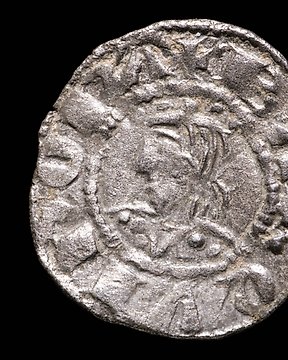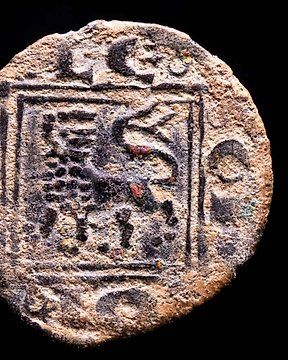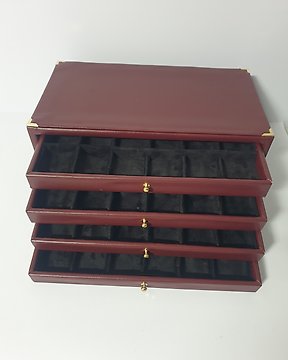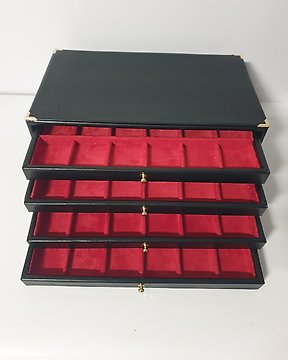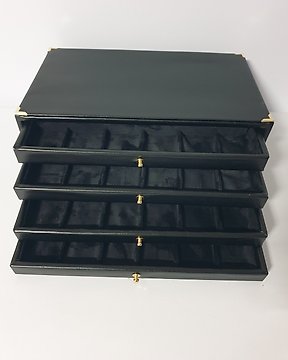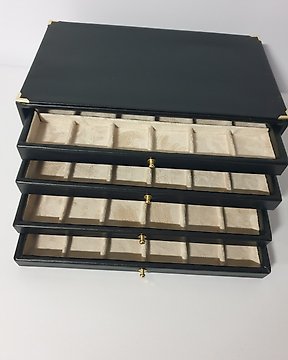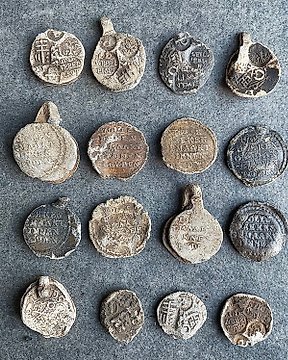
荷兰,莱顿(荷兰). 16 lakenloden / zegelloden uit de 16e, 17e en 18e eeuw (没有保留价)
Catawiki不断地更新其网站的技术。 您目前正在使用不是最新的浏览器。 为了让您获得最佳的浏览体验,请更新您的浏览器。
您可以使用以下切换按钮设置Cookie偏好设置。您可以随时更新您的偏好,撤回您的合意,并在我们的Cookie政策中查看我们和我们的合作伙伴使用的Cookie类型的详细说明。
编号 84602929
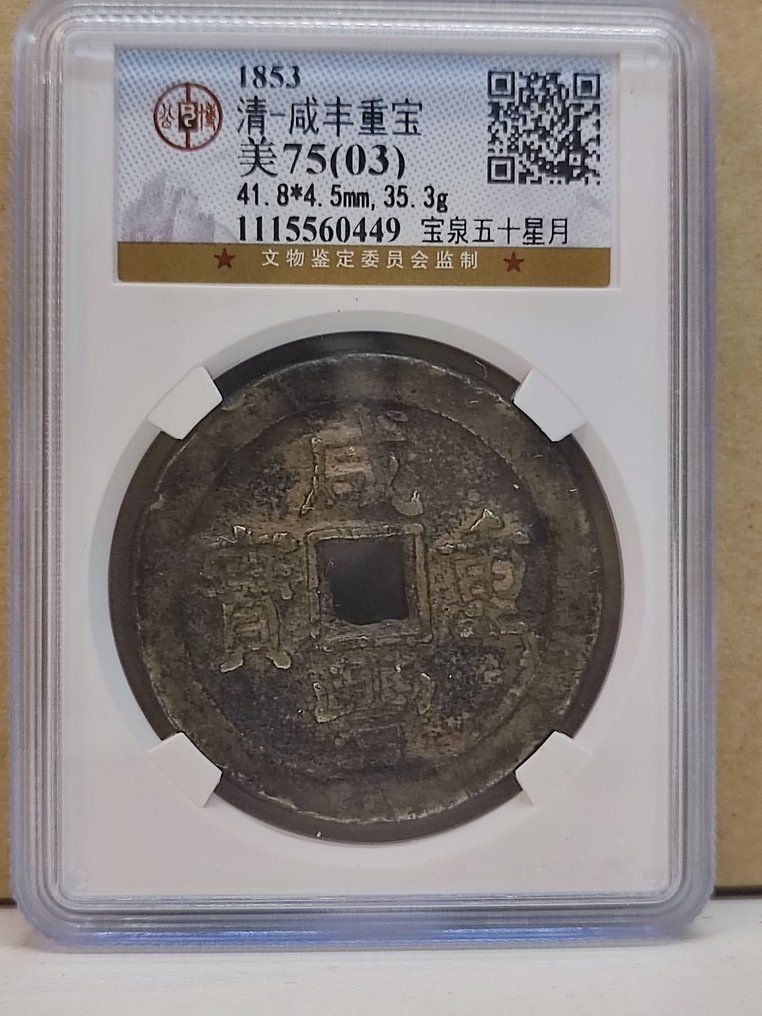
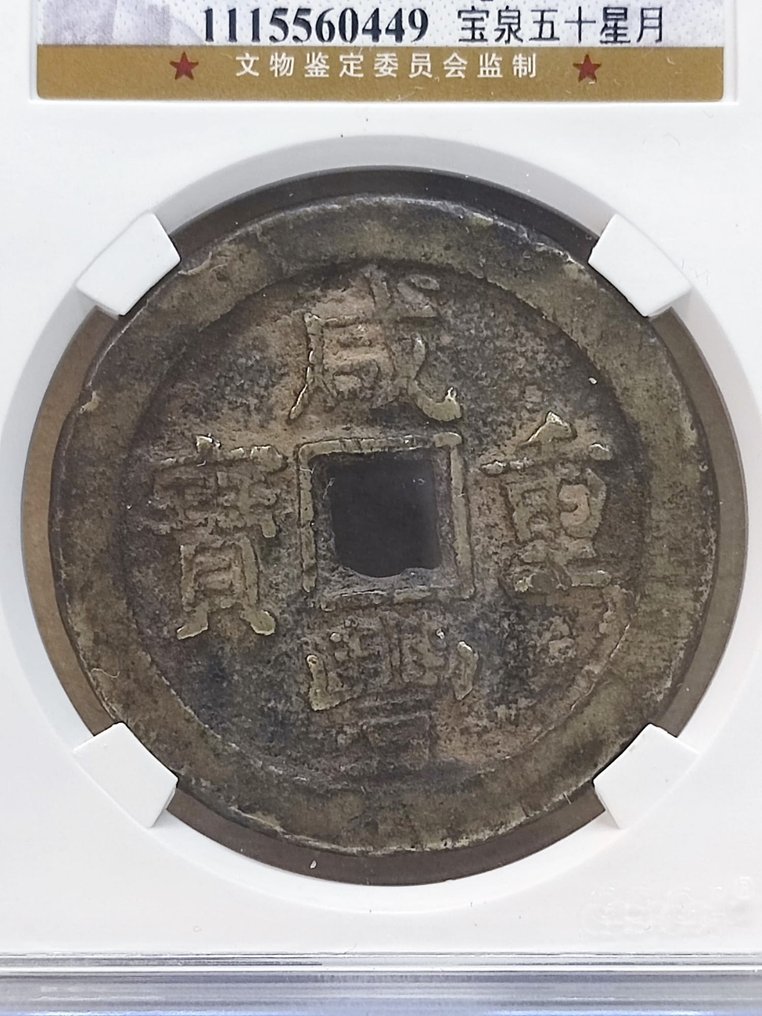
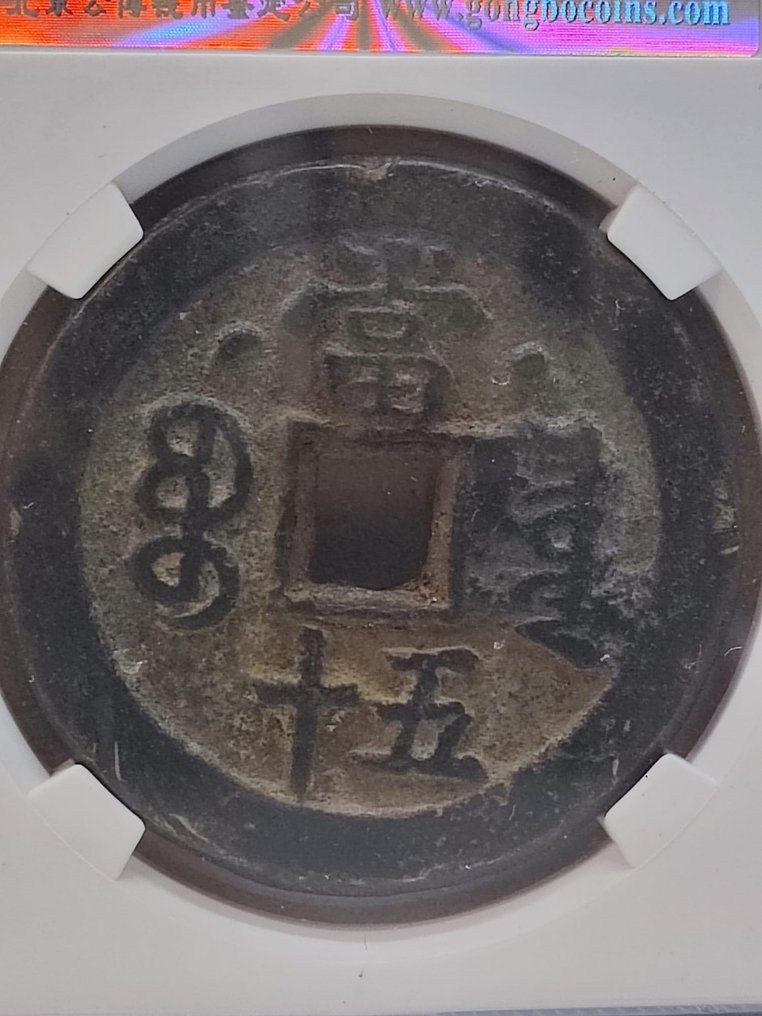
Xianfeng Chongbao Baoquan Bureau The Star and the Moon Are Fifty
During the Xianfeng period of the Qing Dynasty (1851~1861), the Taiping Heavenly Kingdom peasant uprising army captured Nanjing in the third year of Xianfeng and established its capital here, renaming it Tianjing. At this time, the Qing government's tax revenue dropped sharply, and the copper materials produced in Yunnan, which were used to mint coins, could not be transported into Beijing due to road traffic obstruction, resulting in an acute shortage of raw materials for coin minting by the Ministry of Household Affairs and the Ministry of Works. On the one hand, the Qing government urgently needed a large amount of military expenditures to suppress the uprising; on the other hand, it was short of raw materials for making money, resulting in an empty national treasury and no money to pay huge military salaries. This caused serious financial difficulties to the Qing government, and ultimately forced the Qing government to withdraw from Xianfeng. Three years later, paper money was issued and large amounts of money were minted to make up for the financial deficit. According to the situation at that time, Keqin County Wang Qinghui, the cabinet minister in charge of household affairs (Keqin County King Aixinjueluo Qinghui is a descendant of Keqinyi County Wang Yuetuo, one of the eight iron hat kings in the early Qing Dynasty, Qinghui is the fourteenth generation of Keqin County King) In order to help pay the soldiers of the Eight Banners, they asked to "donate copper and cast money". Emperor Xianfeng agreed and ordered Qinghui, Wenrui and others to supervise the operation. Wang Qinghui of Keqin County was ordered to supervise the matter of "donating copper and casting money" as an imperial envoy.
In the process of supervising the matter of "donating copper and casting money", Wang Qinghui of Keqin County and others submitted a memorial to Emperor Xianfeng on March 14, the fourth year of Xianfeng, stating that the new money bureau imitated the money casting methods of Baoquan and Baoyuan bureaus. Specially minted for fifty, one hundred, five hundred and one thousand coins. On March 18, the fourth year of Xianfeng, he proposed to Emperor Xianfeng the idea of setting up a new bureau to mint money, but Emperor Xianfeng did not approve it. Although the money-making bureau established by Wang Qinghui of Keqin County was not officially approved, the money-making bureau existed for several months and minted a certain amount of Xianfeng money. It was not until Emperor Xianfeng issued an order in August of the fourth year of Xianfeng that "all Qinghui and other existing money bureaus will be stopped immediately, and the previously donated copper jins and the amount of coins minted will be handed over to the Ministry of Household Affairs", the money minting bureau and money minting affairs were not ended. .
In the fourth year of Xianfeng, the king of Keqin County, he cast Baoquan Bureau Xingyue Coin. There are six kinds of large coins passed down from generation to generation. There were relatively few as they were only released in a short trial run of a few months.
Xianfeng Chongbao Baoquan Bureau The Star and the Moon Are Fifty
During the Xianfeng period of the Qing Dynasty (1851~1861), the Taiping Heavenly Kingdom peasant uprising army captured Nanjing in the third year of Xianfeng and established its capital here, renaming it Tianjing. At this time, the Qing government's tax revenue dropped sharply, and the copper materials produced in Yunnan, which were used to mint coins, could not be transported into Beijing due to road traffic obstruction, resulting in an acute shortage of raw materials for coin minting by the Ministry of Household Affairs and the Ministry of Works. On the one hand, the Qing government urgently needed a large amount of military expenditures to suppress the uprising; on the other hand, it was short of raw materials for making money, resulting in an empty national treasury and no money to pay huge military salaries. This caused serious financial difficulties to the Qing government, and ultimately forced the Qing government to withdraw from Xianfeng. Three years later, paper money was issued and large amounts of money were minted to make up for the financial deficit. According to the situation at that time, Keqin County Wang Qinghui, the cabinet minister in charge of household affairs (Keqin County King Aixinjueluo Qinghui is a descendant of Keqinyi County Wang Yuetuo, one of the eight iron hat kings in the early Qing Dynasty, Qinghui is the fourteenth generation of Keqin County King) In order to help pay the soldiers of the Eight Banners, they asked to "donate copper and cast money". Emperor Xianfeng agreed and ordered Qinghui, Wenrui and others to supervise the operation. Wang Qinghui of Keqin County was ordered to supervise the matter of "donating copper and casting money" as an imperial envoy.
In the process of supervising the matter of "donating copper and casting money", Wang Qinghui of Keqin County and others submitted a memorial to Emperor Xianfeng on March 14, the fourth year of Xianfeng, stating that the new money bureau imitated the money casting methods of Baoquan and Baoyuan bureaus. Specially minted for fifty, one hundred, five hundred and one thousand coins. On March 18, the fourth year of Xianfeng, he proposed to Emperor Xianfeng the idea of setting up a new bureau to mint money, but Emperor Xianfeng did not approve it. Although the money-making bureau established by Wang Qinghui of Keqin County was not officially approved, the money-making bureau existed for several months and minted a certain amount of Xianfeng money. It was not until Emperor Xianfeng issued an order in August of the fourth year of Xianfeng that "all Qinghui and other existing money bureaus will be stopped immediately, and the previously donated copper jins and the amount of coins minted will be handed over to the Ministry of Household Affairs", the money minting bureau and money minting affairs were not ended. .
In the fourth year of Xianfeng, the king of Keqin County, he cast Baoquan Bureau Xingyue Coin. There are six kinds of large coins passed down from generation to generation. There were relatively few as they were only released in a short trial run of a few months.
